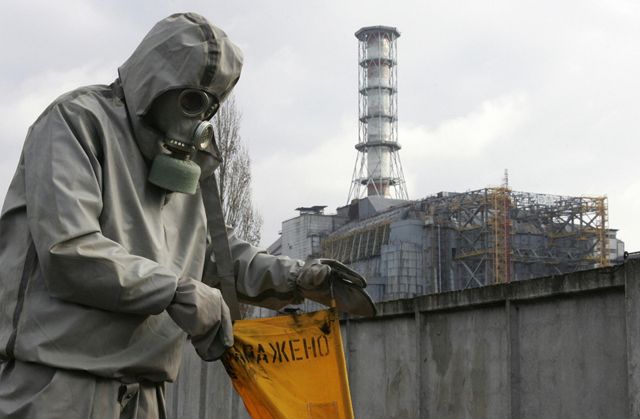Nuclear scientists at a media workshop in Accra allayed fears surrounding radiation and its effects.
They clarified that radiation was not as harmful as was perceived but effects were dependent on the amount of exposure to a radiation source.
Dr Samuel Yamoah, Executive Director, Nuclear Power Ghana (NPG)explained that radiation was the energy that traveled in invisible waves or rays, adding that exposure to radiation was an everyday occurrence.
He indicated that radiation could either be natural (from the sun) or man-made (thus x rays, Magnetic Resonance Imaging (MRI).
Dr Yamoah stressed that the environment could be protected from the effects of radiation by creating a barrier made of steel, concrete and water around the radiation source.
“It can also be done by minimising how much time you spend close to the radiation source,” he added.
The NPG Executive Director also said increasing distance could safeguard us from the effects of radiation, adding that “the farther you are from the source, the lesser you are exposed to the source.”
Similarly, the Radiation Protection Officer at the Ghana Research Reactor 1, Dr Kwame Gyamfi, dispelled misconceptions about the effects of radiation.
He also advised for instance that people should keep their distance from microwaves when heating foods as that was not a healthy practice.
Dr Gyamfi stressed that cracked walls emitted some amounts of uranium which had negative health effects on people, as such, he called on all who had cracked walls in their rooms to, as a matter of urgency, patch them.
He said there were some detrimental health effects of radiations which were ‘deterministic’ as a result of extreme exposure to a radiation source.
The Radiation Protection Officer at the Ghana Research Reactor 1 said some of such cases included cataracts, hair loss and lung cancer.




